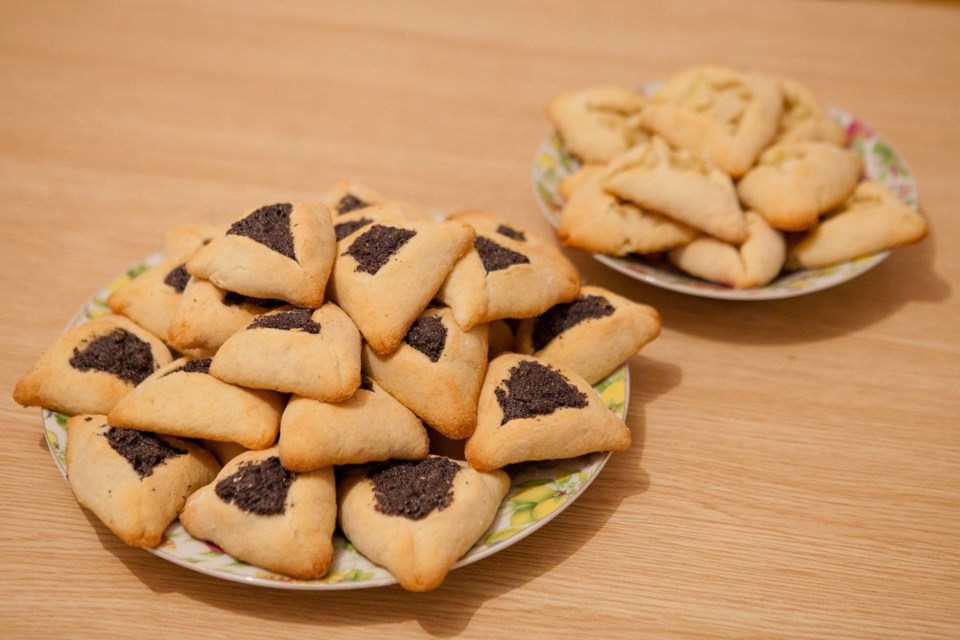Today, February 25, marks the first day of the Jewish celebration of Purim.
Purim is a Jewish holiday that commemorates the saving of the Jewish people from extermination by Haman. The word "Purim" means "lots" and refers to the lottery that Haman used to choose the date for the massacre.
According to the Book of Esther, Haman, royal vizier to King Ahasuerus, planned to kill all the Jews in the empire, but his plans were foiled by Mordecai and his cousin and adopted daughter Esther, who had risen to become Queen of Persia.
The day of deliverance became a day of feasting, gladness and rejoicing, and of sending portions one to another, and gifts to the poor. The carnival-like holiday is also marked by parades and costume parties with participants dressing up in masks and fancy dress outfits.
Purim is celebrated on the 14th day of Adar, which is in February or March. The 13th of Adar is the day that Haman chose for the extermination of the Jews, and the day that the Jews battled their enemies for their lives. On the day afterwards, the 14th, they celebrated their survival. This year, Purim in the U.S. will begin celebration on February 25, 2021, through nightfall February 26, 2021.
Purim is celebrated among Jews by:
- Exchanging reciprocal gifts of food and drink known as mishloach manot
- Donating charity to the poor known as mattanot la-evyonim
- Eating a celebratory meal known as a se'udat Purim
- Public recitation ("reading of the megillah") of the Scroll of Esther, known as kriat ha-megillah, usually in synagogue
- Reciting additions, known as Al HaNissim, to the daily prayers and the grace after meals
- Costume parties, drinking, eating fruit-filled triangular cookies
It is traditional on Purim to eat Hamantaschen cookies, which are triangle shaped to represent Haman's three cornered hat. They are traditionally stuffed with sweet fillings made from poppy seeds, dried fruits and fruit preserves.
For orthodox Jews, the Pesach (Passover) seder serves as a reminder that in every generation, there are those who try to destroy their faith and their people, but they are always saved. In modern times, there have been two significant figures-- Hitler and Stalin-- who have threatened the Jewish people, and there are echoes of Purim in their stories.
A story is told in Chabad (Lubavitcher of Crown Heights) of a 1953 Purim: the Lubavitcher Rebbe led a Purim gathering and was asked to give a blessing for the Jews of the Soviet Union, who were known to be in great danger. The Rebbe instead told a cryptic story about a man who was voting in the Soviet Union and heard people cheering for the candidate, "Hoorah! Hoorah!"
The man did not want to cheer, but was afraid to not cheer, so he said "hoorah," but in his heart, he meant it in Hebrew: hu ra, which means, "he is evil"! The crowd at the Rebbe's 1953 gathering began chanting "hu ra!" regarding Stalin, and that night, Stalin suffered the stroke that lead to his death a few days later.




